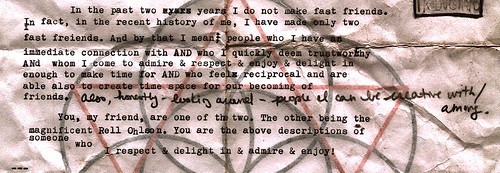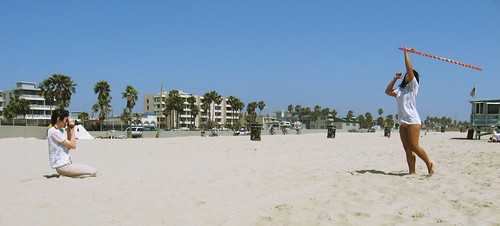Cadences give phrases a distinctive ending, which can, for example, indicate to the listener whether the piece is to be continued or concluded. An analogy may be made with punctuation,[3] with some weaker cadences acting as commas, indicating a pause or momentary rest, while a stronger cadence will then act as the period, indicating the end of the phrase or musical sentence. A cadence is labeled more or less "weak" or "strong" depending on the sense of finality it creates. While cadences are usually classified by specific chord or melodic progressions, the use of such progressions does not necessarily constitute a cadence—there must be a sense of closure, as at the end of a phrase. Harmonic rhythm plays an important part in determining where a cadence occurs.
Edward Lowinsky thought that the cadence was the "cradle of tonality."[4]







3 comments:
How do I subscribe To you? Your blogs are very tasteful. Elegant and insightful.
Ms.Renolds,
Good question. I had to figure it out. Scroll down to the bottom and it says "subscribe"-- it's discreet.
This link could lead you there:
http://bashamo.blogspot.com/feeds/posts/default
I just added a link to the top
Post a Comment